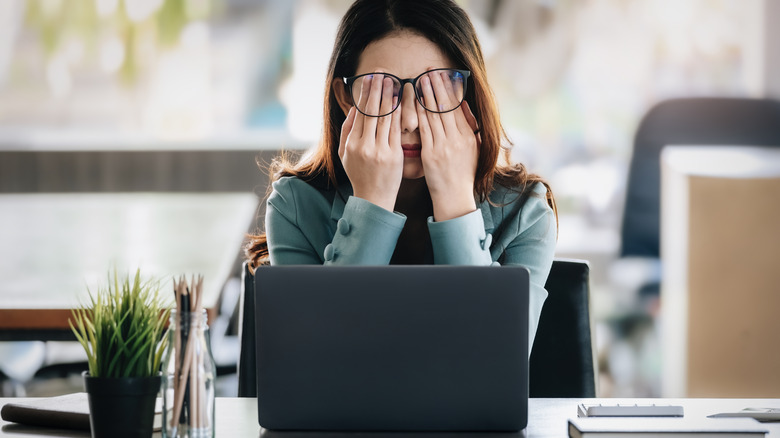The COVID-19 pandemic caused a great awakening for many people in terms of their work-life balance. More than half of people said they felt burned out in 2024, according to an Indeed survey. A Limeade report found that 40% of people listed burnout as their main reason for leaving their jobs during the Great Resignation.
Dr. Adam Gonzalez is a licensed clinical psychologist, vice chair of Behavioral Health at Stony Brook Medicine, and founding director of the Stony Brook University Mind-Body Clinical Research Center at the Renaissance School of Medicine. Although many of us might feel stress in our lives, burnout is a little different, Gonzalez says.
“Our stress response is meant to protect us from actual or perceived threats in our environment, and it may occur as a result of difficulty with managing both individual and system-level stressors,” Gonzalez said. “Some burnout drivers include loss of autonomy and decreased control over one’s work environment, excessive workload, ineffective coping methods, inefficient use of time due to administrative requirements, sleep deprivation, and lack of work-life balance.”
Therefore, he explains it’s important for us to be aware of the signs of burnout so we can head them off before they wreck our lives.
Signs of burnout and preventing it

Gonzalez says that burnout has three components. The first component is emotional exhaustion, where you can lose your enthusiasm for your work and feel fatigued. The second component is depersonalization. Rather than seeing people for who they are, you see them as mere objects. The third component is a loss of personal accomplishment. Here is where your work no longer seems to have meaning. You also question why you got into your specific line of work in the first place.
“Individuals experiencing burnout may be more disengaged from work and their colleagues,” Gonzalez added. “Emotions may be blunted and they may feel numb. [You sense] feelings of helplessness and hopelessness, feeling detached and experiencing depression, and individuals may question their life’s worth.”
With that said, if you’re feeling burnout, it’s important to find support from trusted colleagues or mentors, shares Dr. Gonzalez. It also might be helpful to seek professional help from a psychologist, social worker, or other mental health professionals.
He also suggests taking some time for introspection. “You might pause and reflect on why you got into the profession to begin with and re-evaluate your values and what’s important to you,” Gonzalez concluded.




